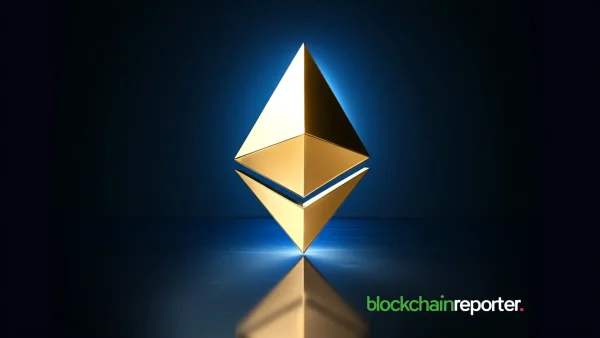
From the outside looking in, the crypto industry has matured immensely over the past decade, with a growing number of innovative companies working tirelessly to bridge the gap that exists between digital assets and real-world transactions. One area, in particular, where crypto has made immense strides is the global payments and remittance arena.
According to sources, payments emanating from low and middle-income countries (LMICs) alone rose from $791 billion in 2021 to $840 billion over the last 24-36 months. Similarly, the global digital payments market, which was valued at $2.47 trillion, is set to grow at a CAGR of 14.3%, reaching a cumulative valuation of $5.8 trillion by the end of the decade.
Despite these mammoth figures, the remittance market continues to be fraught with challenges such as high transaction fees, low speed, limited access to financial services, and lack of transparency. In this context, cryptocurrencies offer a number of inherent advantages, such as a high degree of accountability, automation via blockchain-enabled smart contracts, and peer-to-peer (P2P) transactions — all of which eliminate the need for intermediaries and significantly reduce transaction costs.
Moreover, the near-instantaneous nature of crypto transactions, coupled with increased accessibility through mobile devices and internet connectivity, has helped usher in a greater level of financial inclusion for the world’s unbanked/underbanked population.
The Crypto Payment Revolution is Here
With the digital remittance ecosystem continuing to evolve rapidly, studies have noted that by the end of 2024, nearly 75% of all global retailers will have adopted some crypto payment rail or the other. At the forefront of this revolution stand platforms like Pundi X, a Singapore-based DePIN (Decentralized Physical Infrastructure Network) infrastructure provider offering seamless crypto-to-crypto transactions via its flagship product, ‘XPOS.’
XPOS is a blockchain-based point-of-sale (POS) solution that enables merchants to accept cryptocurrency payments or sell digital currencies in physical stores. Moreover, customers have the option to use fiat to purchase crypto or pay crypto to accrue fiat assets. Running on the Android operating system, XPOS can capture data from QR codes and support NFC applications, providing a user-friendly and secure transaction experience.
Additionally, Pundi X has developed a comprehensive blockchain payment ecosystem that includes a Merchant Portal that enables merchants to manage their digital assets and monitor transactions across multiple blockchain networks. The XPOS payment system supports on-chain transactions on Ethereum, BTC mainnet, BTC Lightning Network, BNB Smart Chain, and TRON. Most recently, in April, the project integrated support for Solana Chain, adding more crypto options for both consumers and merchants.
The firm also announced the launch of the $PURSE Ecosystem Pool, a strategic initiative designed to accelerate the adoption of XPOS and drive the development of the project’s DePIN. The program aims to incentivize stakeholders, including merchants, wallet users, and community members, fostering a vibrant and engaged ecosystem aligned with Pundi X’s vision of a decentralized marketplace.
Lastly, PundiX also announced the listing of its native token, PUNDIX, on Revolut, a leading fintech platform boasting over 40 million users globally. The partnership affords Revolut’s vast user base seamless access to $PUNDIX tokens, opening up even newer avenues for their adoption and exposure.
Pushing Real-World Adoption
In another significant development, Pundi X recently partnered with Scoin, Africa’s largest physical gold coin exchange, to integrate Pax Gold (PAXG) — a regulated digital gold token backed 1:1 by physical gold — onto its XPOS platform. The integration enables users to seamlessly purchase both digital and physical gold at Scoin’s retail locations, facilitating a smooth transition between the digital and physical realms of gold exchange.
Moreover, Pundi X has been actively expanding its global footprint, with thirteen physical exchanges having already opened in Türkiye and several merchants in South Africa (such as 42nd Street and Yawa ) adopting XPOS for crypto payments.
Closing the Digital Gap One Step at a Time
With more and more people continuing to adopt blockchain and crypto-related tech globally, many experts are now beginning to hold the view that for the industry to thrive and reach its full potential truly, it needs to work hand in hand with the traditional financial sector. In this regard, projects like PundiX are playing a crucial role in bridging the tech gap that permeates both sectors.
By forging partnerships with major point-of-sale (POS) manufacturers like Verifone, PAX, Sunmi, and Ingenico, PundiX is helping the crypto retail sector expand its digital footprint while also fostering the mainstream adoption of digital assets in general. Therefore, looking ahead, it will be interesting to see how cryptocurrencies continue to coexist harmoniously with traditional payment methods, offering users greater choice, security, and convenience.









